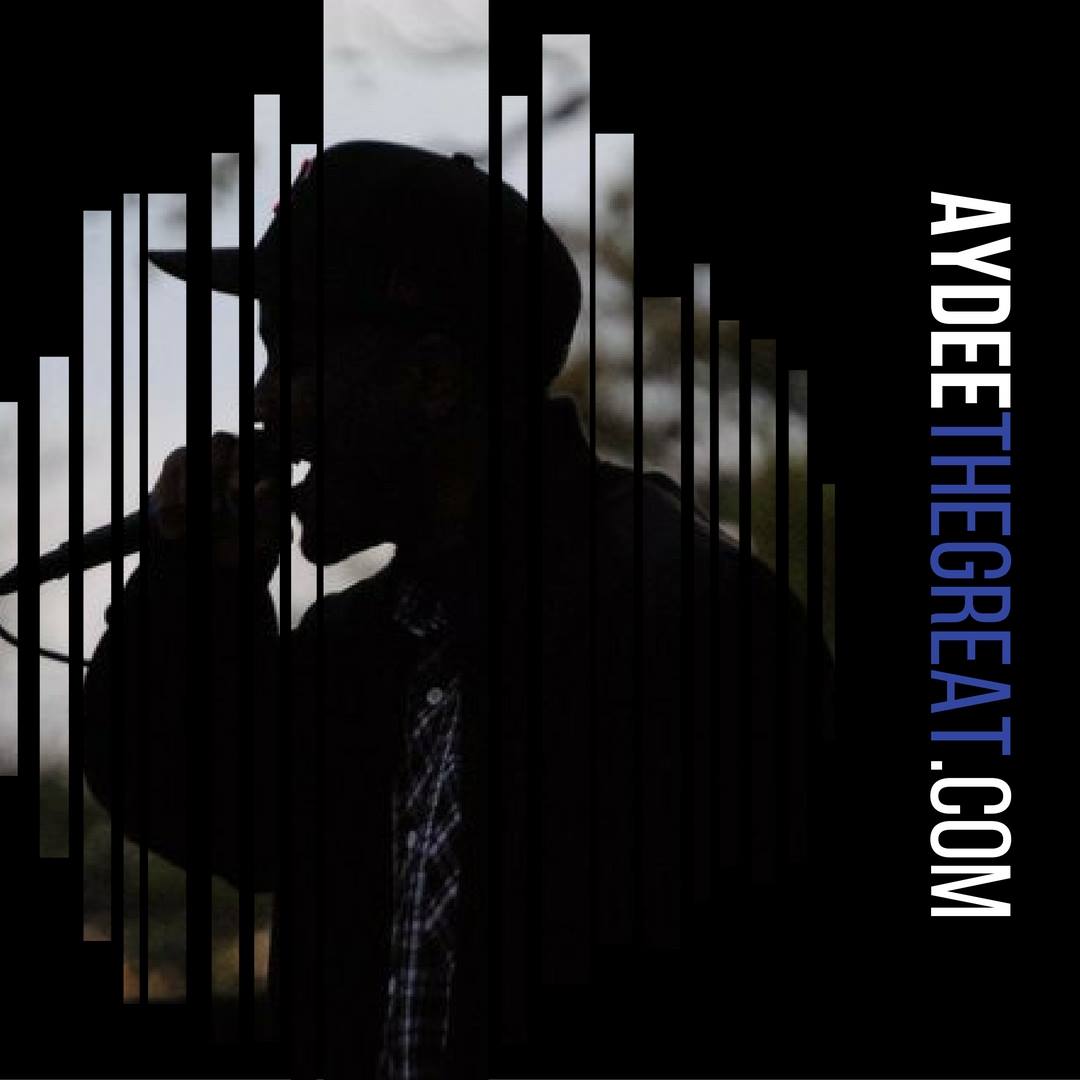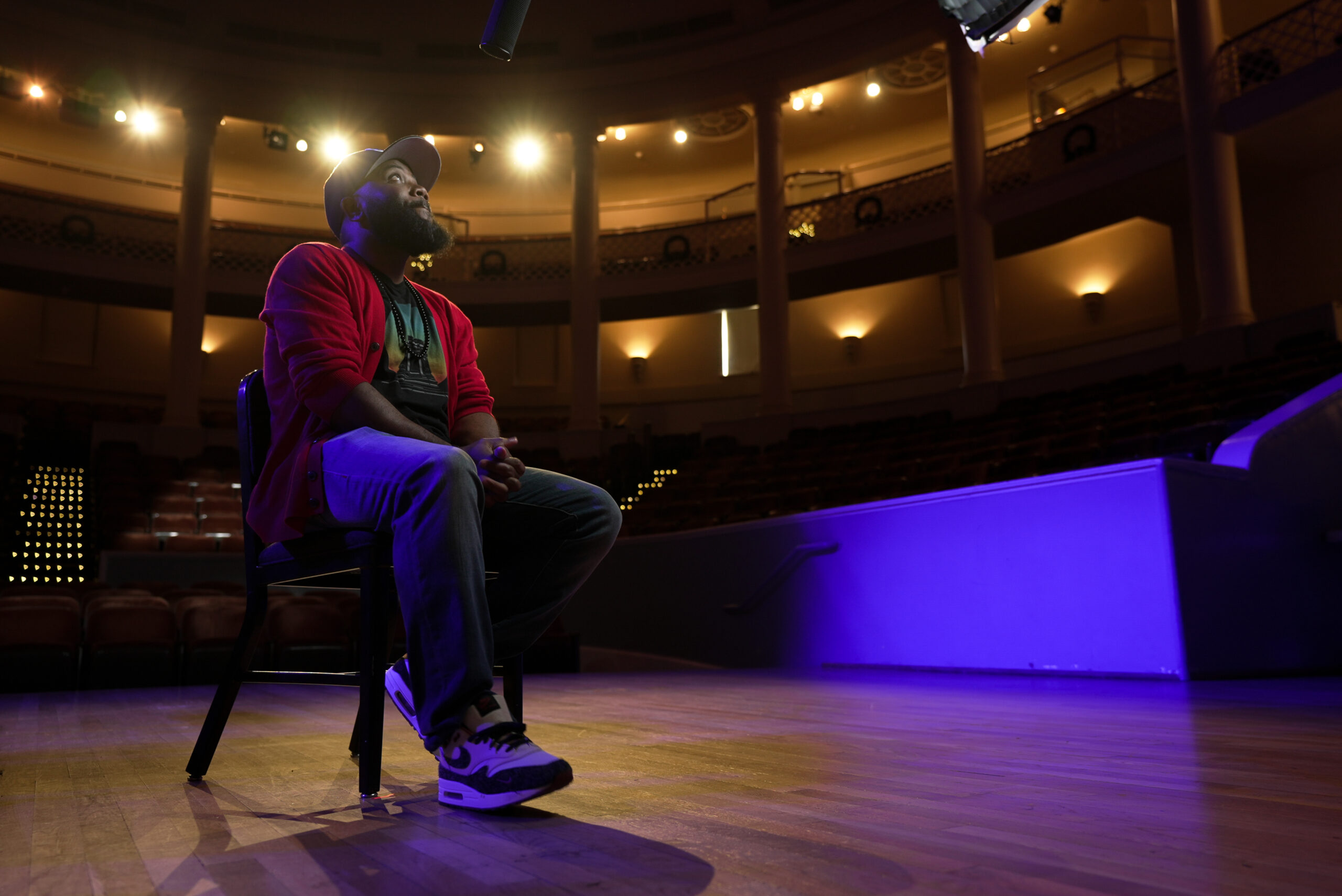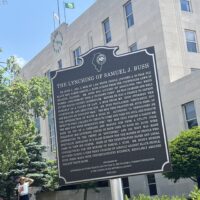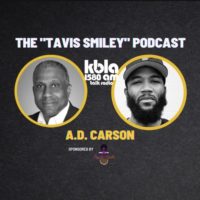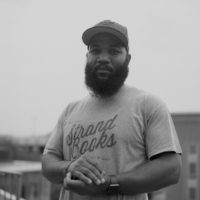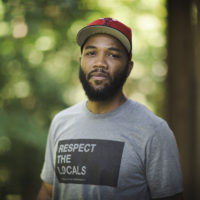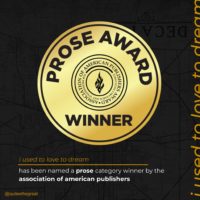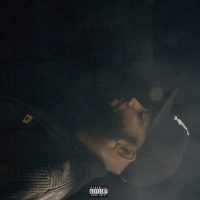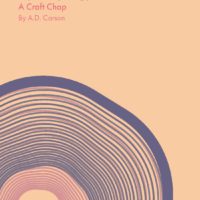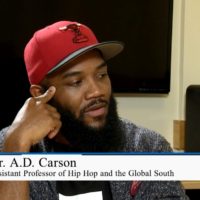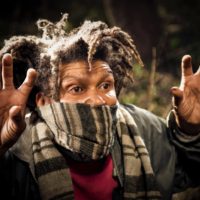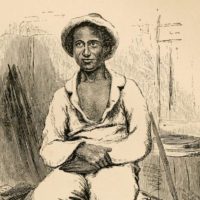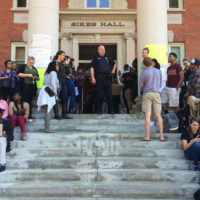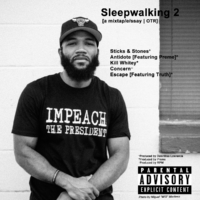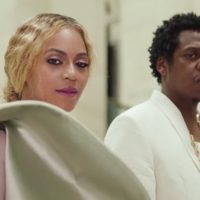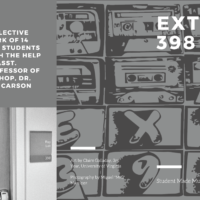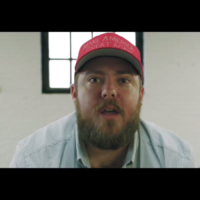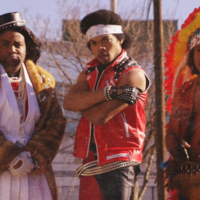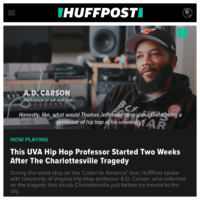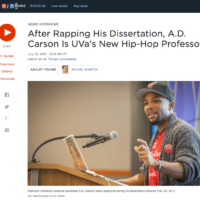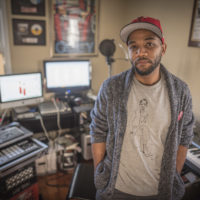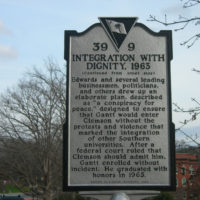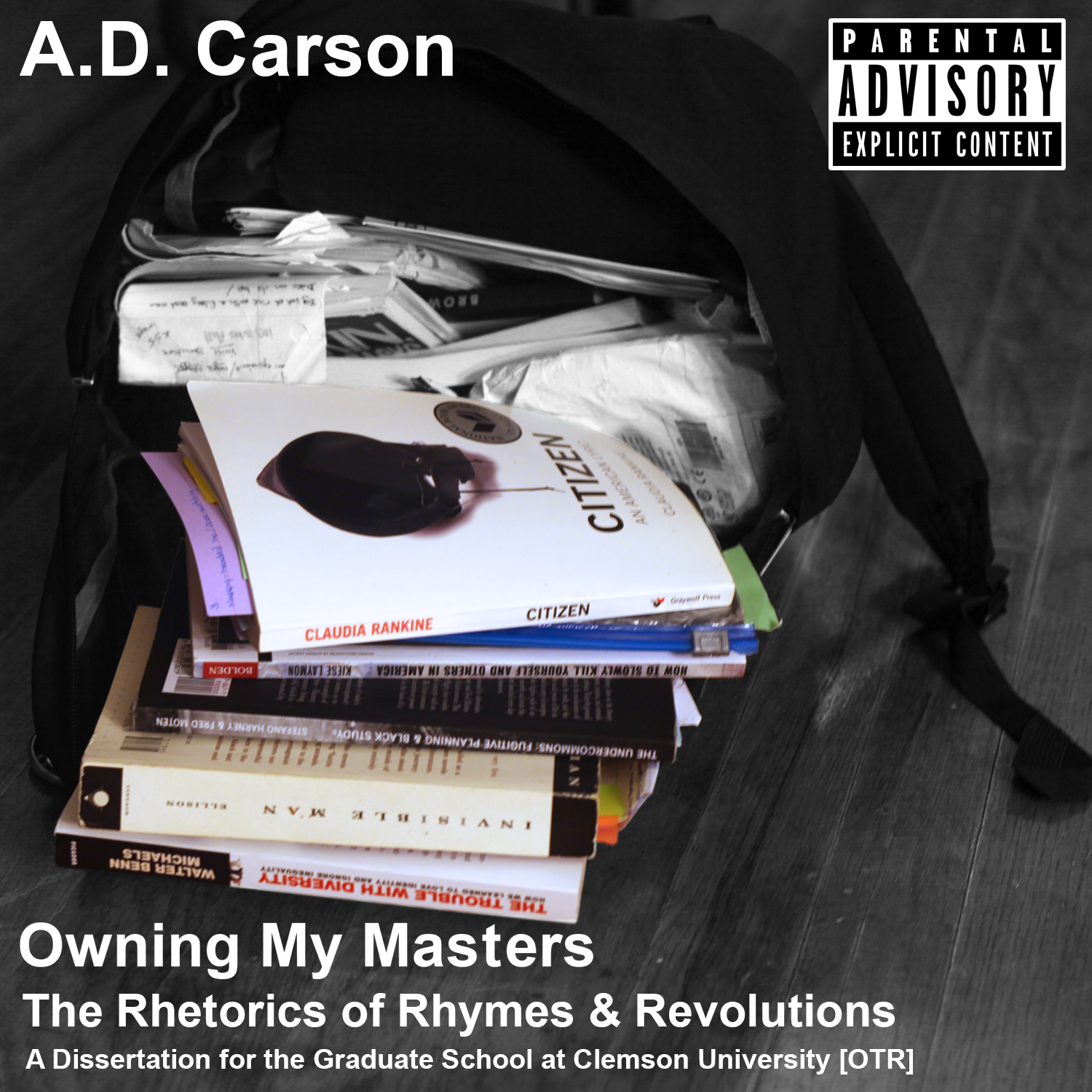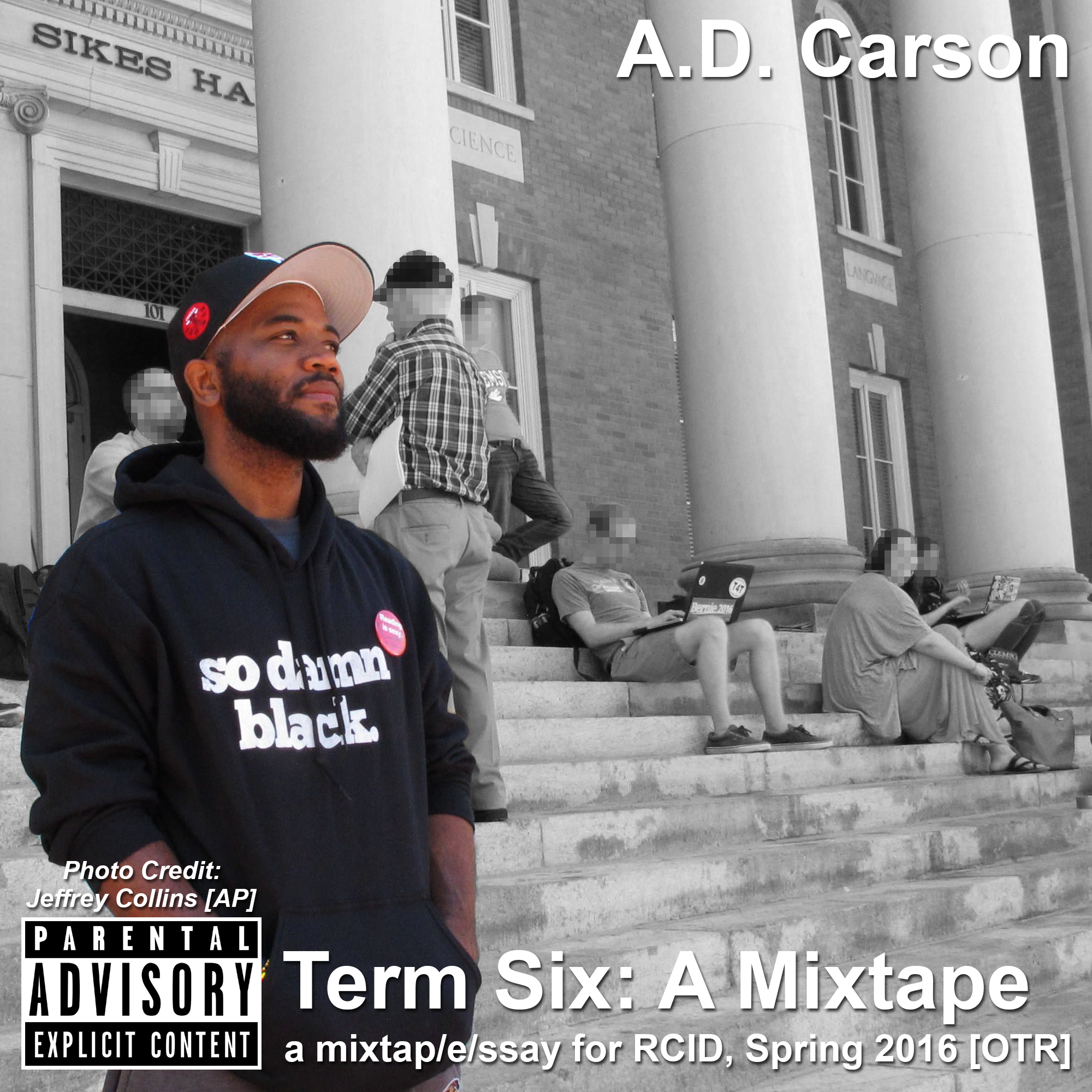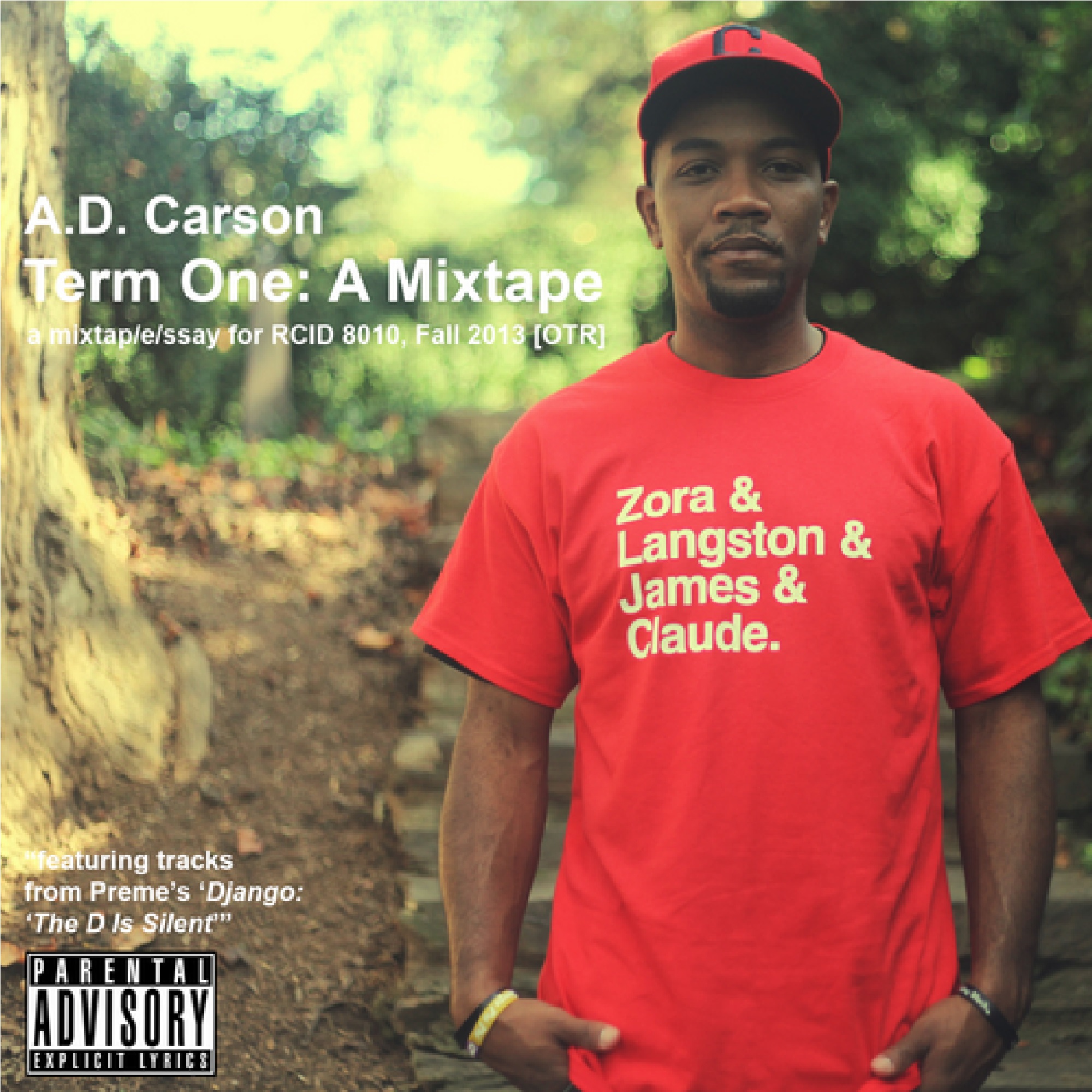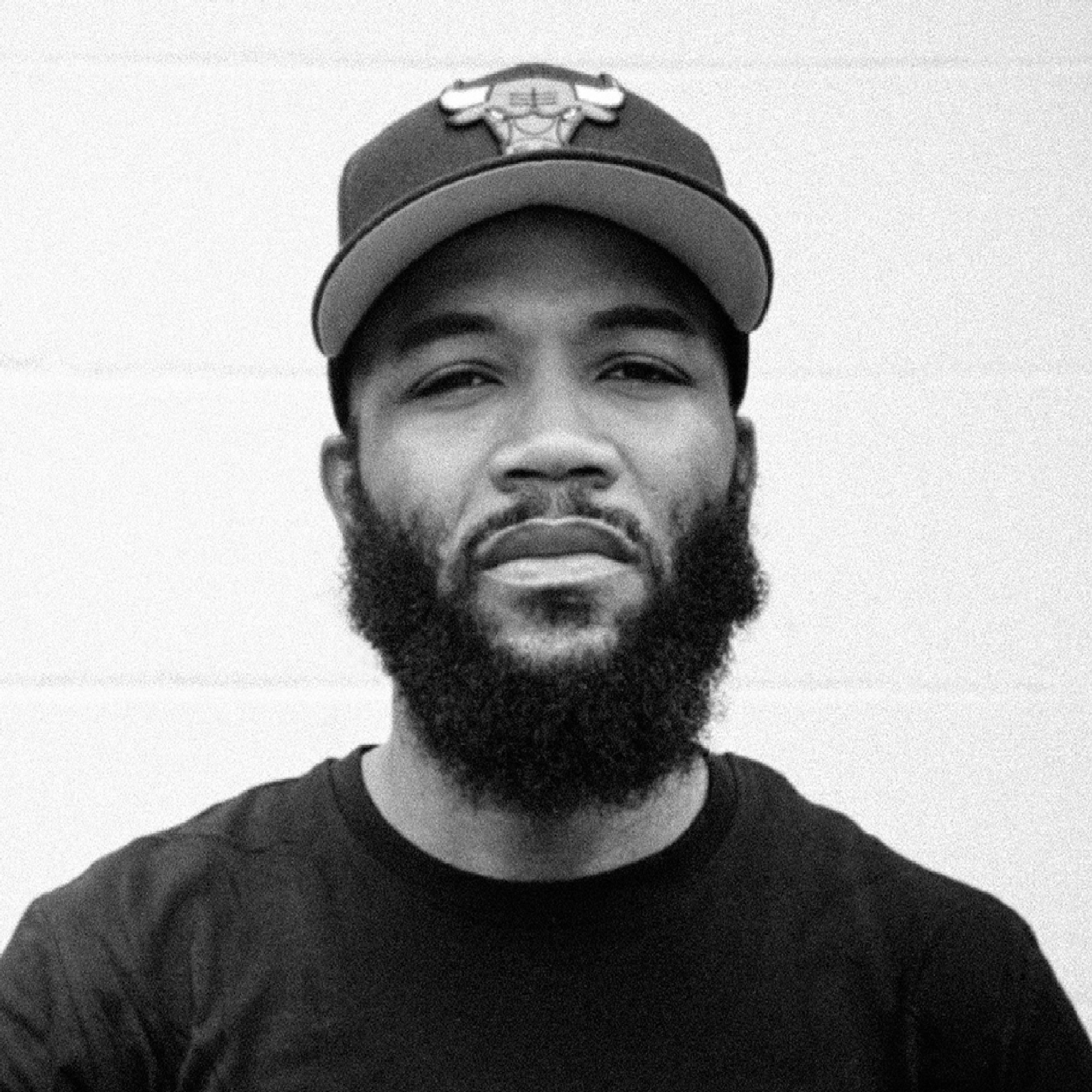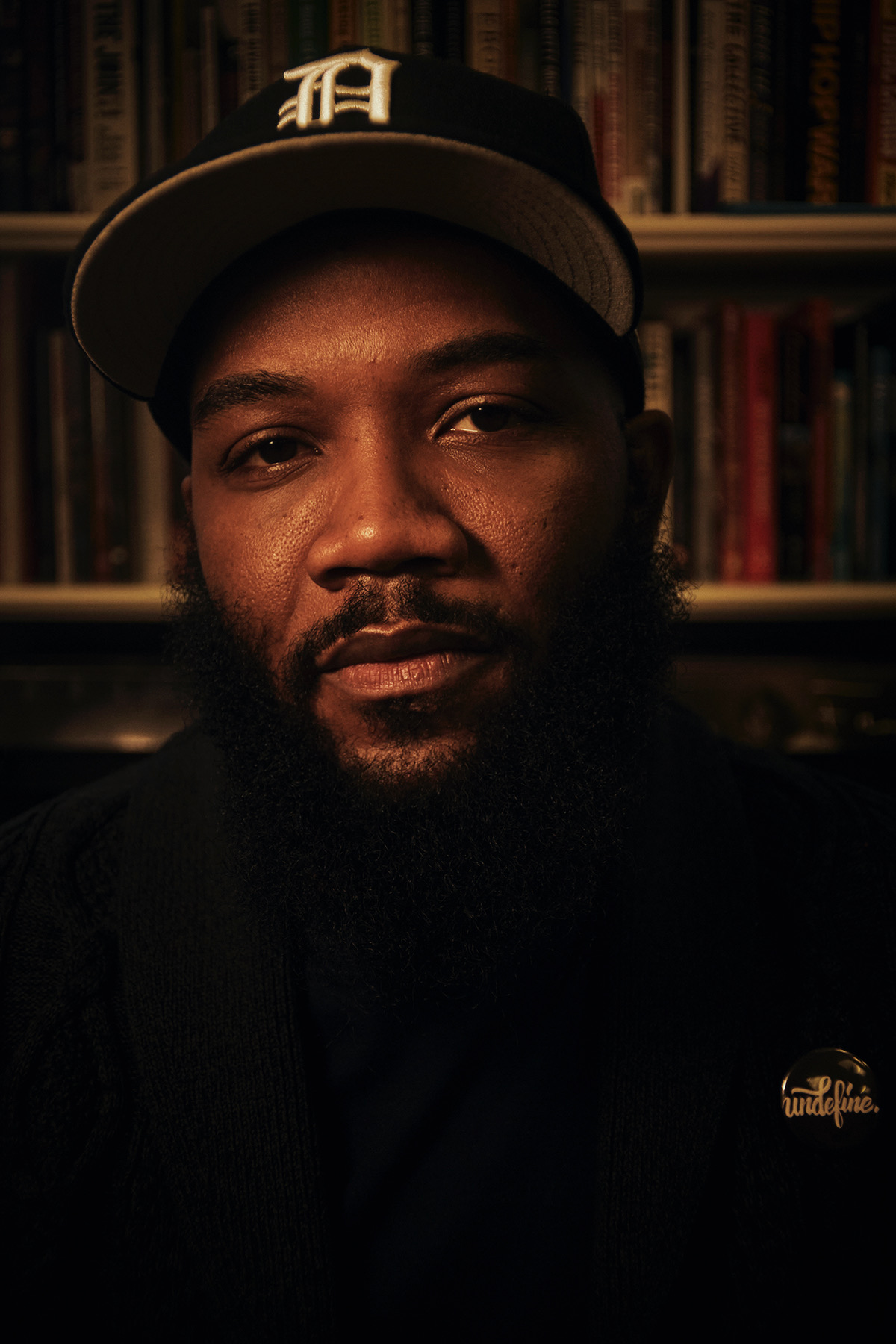
A.D. Carson is an Associate Professor of Hip-Hop and a Shannon Center Fellow for Advanced Studies at the University of Virginia. He is from Decatur, Illinois. His work as a performance artist, educator, writer, and commentator deals with issues of race, place, history, literature, hip-hop, rhetorics & performance. He has written essays and music for Rolling Stone, Washington Post, SPIN, Los Angeles Times, Bloomberg, NPR’s Code Switch, Bleacher Report, Scalawag, and a number of other outlets.
Dr. Carson is suspicious of academia and academics, but he earned a Ph.D. in Rhetorics, Communication, and Information Design at Clemson University in 2017 by submitting the rap album, Owning My Masters: The Rhetorics of Rhymes & Revolutions as his doctoral dissertation.
Dr. Carson received the 2021 Research Award for Excellence in the Arts & Humanities from the University of Virginia after the release of his 2020 album, i used to love to dream, with University of Michigan Press. The historic release was the first-ever rap album peer-reviewed for publication with an academic press. i used to love to dream won a Prose Award (Best eProduct) from the Association of American Publishers and was a 2024 finalist for the Open Access Book Prize and Arcadia Open Access Publishing Award from the American Council of Learned Societies. It is the third in a series of mixtap/e/ssays that follow his doctoral dissertation album.
While he was a graduate student at Clemson University, Carson’s work with students, staff, faculty and community members, was recognized with a 2016 Martin Luther King, Jr. Award for Excellence in Service for the “See the Stripes” campaign, which takes its name from the poem featured on his dissertation album, and raised awareness of historic, entrenched racism at the university. Upon release, Owning My Masters was recognized with the Outstanding Dissertation Award from Clemson. The mastered and peer reviewed version of the album is published by University of Michigan Press (2024).
Dr. Carson has authored several books, including a novel, COLD, which hybridizes poetry, rap lyrics, and prose. His academic and artistic work has been featured by Complex, The Chronicle of Higher Education, Forbes, The Guardian, Journal for Cultural and Religious Theory, NPR’s All Things Considered, OkayPlayer, Quiddity International Literary Journal and Public-Radio Program, Time, USA Today, and XXL among others. His book, Being Dope: Hip-Hop & Theory through Mixtape Memoir, is forthcoming from the Theorizing African American Music Book Series by Oxford University Press. His recent projects, which include Owning My Masters (Mastered) and V: ILLICIT, are available to stream/download free from aydeethegreat.com.
Rolling Stone: How Hip-Hop Gave Me A Second Chance At Life
Professor of Hip-Hop unpacks the history of rappers who have attempted to publicly navigate issues with mental health while detailing his own mental health journey through music
READ MORECNN News18: Hip-hop Professor Who Rapped His Dissertation Has Now Released First Ever Peer-reviewed Album
CNN News18 (India) on “i used to love to dream” and “Owning My Masters”: A.D. Carson, now a professor of hip-hop with University of Virginia has previously presented his Ph.D. in the form of a 34-track rap album, with topics including justice, economics, language, identity.
LEARN MORENPR All Things Considered: A.D. Carson Is UVa's New Hip-Hop Professor
Carson's doctoral dissertation, a 34-track rap album, went viral. This fall, he'll teach hip-hop history and composition in the hope of giving his students tools to engage in difficult conversations.
LISTEN“i used to love to dream” album wins Research Achievement Award from University of Virginia
A.D. Carson’s “i used to love to dream” represents a new medium for hip hop scholarship — the music itself. Released in 2020 by the University of Michigan Press, “i used to love to dream” meets the challenge of offering hip-hop composition and production as academic knowledge-making practice and scholarly inquiry, as well as personal reflection. This public-facing hip-hop scholarship (music and prose) confronts and changes the politics of knowledge production that often treat hip-hop producers as secondary or tertiary, rather than primary, contributors to academic discourse in and around the field.
LEARN MOREInside Higher Ed: More College Students Should Study Rap
If more students were exposed to the critical practices rappers utilize, they’d be better equipped to engage in pressing conversations about race, identity, culture, class and the like, writes A.D. Carson.
LEARN MOREAccolades: Hip-Hop Professor Climbs the Charts
In addition to releasing the first-ever peer reviewed rap album, University of Virginia professor of hip-hop A.D. Carson has seen another example of his work climb the music charts this year. Carson, who joined the faculty of the McIntire Department of Music in 2017, recently posted his second top-10 hit. “Ohana,” a song he wrote with Hawaiian reggae artist Akoni – Carson also performs on the single – reached No. 6 on the iTunes reggae downloads list on Dec. 2. This is the second time Carson has charted in the last six months. In July, a comedy rap album he performed on, “Doors,” by Handsome Naked, reached No. 2 on iTunes and was the No. 10 comedy album in the Billboard rankings.
LEARN MOREV: ILLICIT
V: ILLICIT is an album about what it means to be dope. Dope is not only a measure of quality or coolness, it is rooted in the experiences of Black people in the U.S. since its beginnings. Those experiences include the “War On Drugs,” which was really a war on people, and its casualties and aftermath. Dopeness predates this focus on drugs and the people projected as their primary sellers, users, and abusers. It is also about permission and sanctioning. Dope is distinct from drugs like illegal is distinct from legal and illicit is distinct from licit. Dopeness relates to the histories of people treated as property, chattel, technology—labeled legal or illegal, human or something other than.
KNOWLEDGE CENTER
Rather than theorizing about hip-hop, I offer critical-theoretical responses to the questions I’m interested in through rap. My music and mixtap/e/ssay projects argue for attentiveness to historical and contemporary social justice issues, particularly engaging ideas surrounding conceptions of Blackness and ways we contend with and attend to embodied and disembodied voice(s) and performance, through hip-hop lyrics, spoken-word poetry, and historically/critically situated intertextual sample selection and recontextualization.
My dissertation album, Owning My Masters: The Rhetorics of Rhymes & Revolutions, is my first deliberate attempt at this work in this way (COLD contains many of the same kinds of questions and responses.), followed in the fall of my first year at the University of Virginia by Sleepwalking, Volume 1: A Mixtape (2017), and in the fall of my second year by Sleepwalking 2 (2018). In the Spring of 2018, I was sound designer for the production of Marco Ramirez’s The Royale (which borrows its title and some of its subject matter from the first chapter of Ralph Ellison’s Invisible Man) at Live Arts in Charlottesville, VA (directed by Leslie Scott-Jones), for which I produced The Royale Mixtape. I wrote and recorded a fourth project (I consider the third installment in the Sleepwalking series) related to the questions I have been addressing since before Owning My Masters, titled i used to love to dream, which was published by University of Michigan Press in 2020. In 2022, I independently released iv: talking to ghosts, which I also plan to publish as an open access project with enhanced liner notes in the form of an eBook like the previous project.
It’s important that the work is open access. It is equally important that the work be public. This is work for and against its institutionalization.
SEE THE STRIPES
“I attend Clemson University, which was founded on on lands donated by Thomas Green Clemson to the state of South Carolina. The land was previously the Fort Hill Plantation, and the main residence is open seven days a week, honoring Clemson’s willed wish that it “shall always be open for the inspection of visitors.” Of course, I did not know there would be a plantation house operating as a museum at the university when I’d accepted the offer to attend, but more troubling, I thought, was the way history is told through communications published by and created for the university, and the strange relationship between those versions of history and the dedication to the athletics programs, particularly football, and the university’s “Solid Orange” campaign. It seemed only logical to help create a better representation of those stories untold, from a historical perspective, and of the students who don’t feel that “Solid Orange” properly represents the diversity that exists presently at Clemson with a program to help Clemson, the surrounding communities and the world “See The Stripes.”
DELVE DEEPER
“For the mothers, the daughters/the sisters who don’t get attention/but often are victims/so they suffer in silence/from all kinds of violence/and try as they might we don’t listen.”
—A.D. Carson
